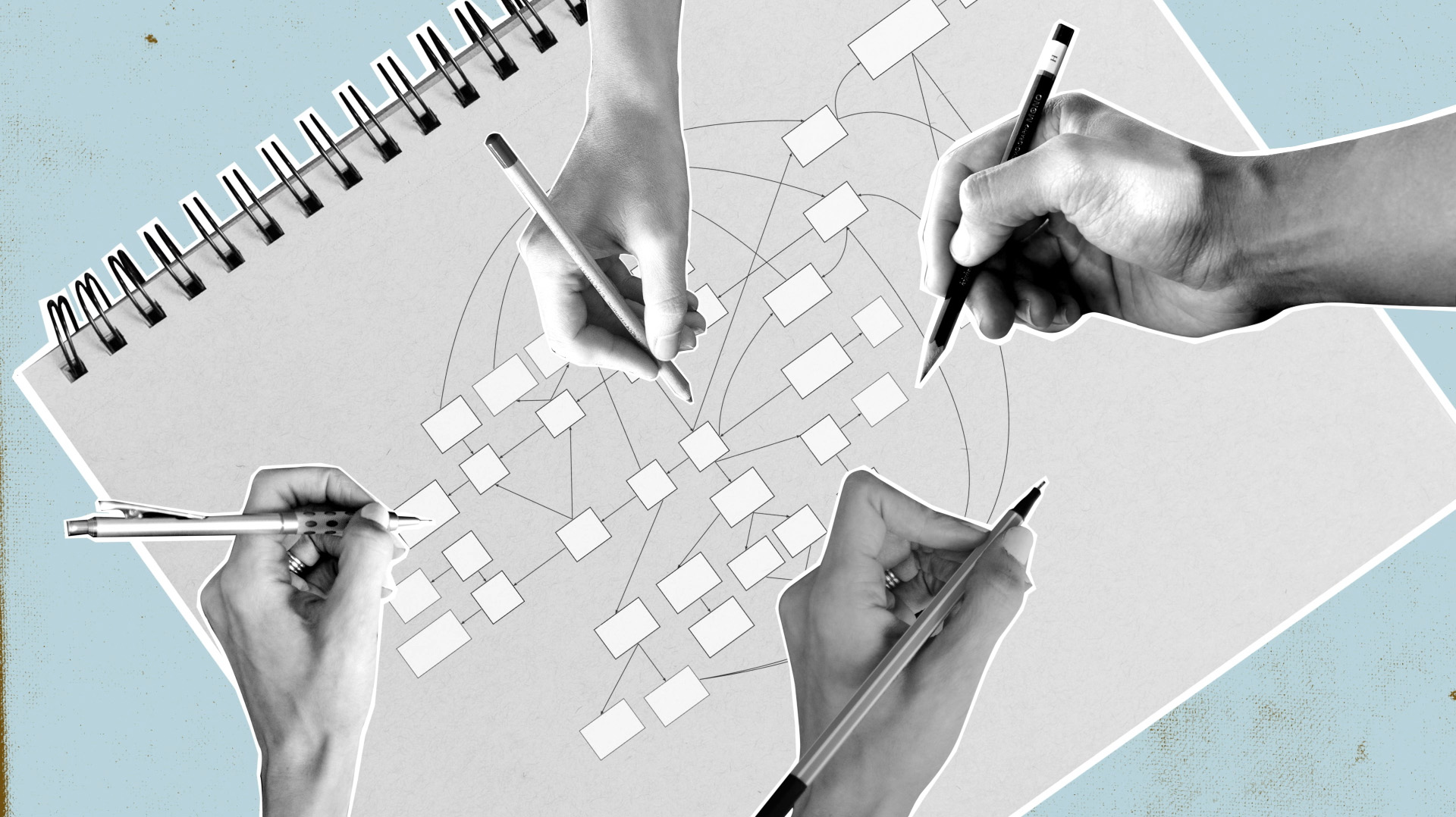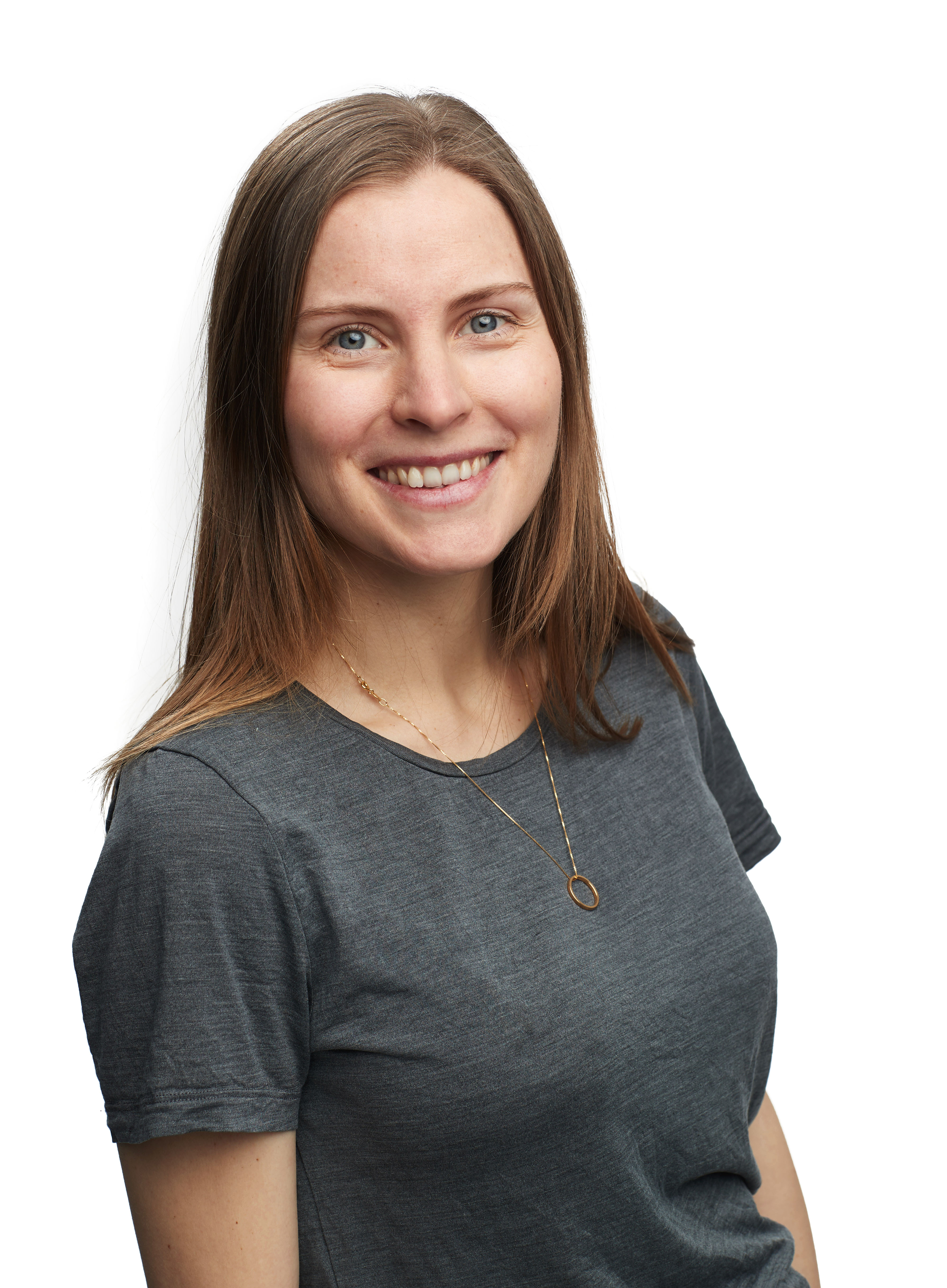Easier to develop sustainable business models with a new tool
Can business models be easier to understand if they are developed collectively in the workplace? “Yes”, says Kajsa Ahlgren Ode, innovation researcher at LTH, who has developed a tool for business model innovation. The aim is to help companies, with a particular focus on energy companies, to make their business models more understandable – an important piece of the puzzle in their transition to increased environmental thinking.
Jessika Sellergren – Published 8 March 2022

The transition to a renewable society is ongoing, and for companies to reduce their climate impact, innovative and good business models are needed.
“For energy companies, this reshaping of their role in the energy system means the need to develop new business models with a greater focus on sustainability,” says Kajsa Ahlgren Ode who is a postdoc in Innovation Engineering at LTH.
But often there is a lack of tools for how co-workers within the company can be involved at all stages of the business model’s development – something that affects the possibility to ultimately implement the model, according to Kajsa Ahlgren Ode.
A causal map shows the way to innovative business models
To support companies in developing new business models in groups, Kajsa Ahlgren Ode and her research colleagues have developed a tool – Model-Based Facilitation – that is intended to be used in a collective development process within the company.
“The tool helps the company’s co-workers to think differently, both individually and together, and to make their thoughts visible to each other,” says Kajsa Ahlgren Ode.
Everyone’s contributions are drawn on a causal map that shows the cause and effect between different parts that emerge in the map. Both the map model and the discussions that arise within the group contribute to a better understanding of the business model, and as it becomes more understandable, it also becomes easier to evaluate and continue working on.
“Hopefully, more groundbreaking, profitable and sustainable models will be generated with this method,” says Kajsa Ahlgren Ode.
The tool provides support in thinking together
The tool is based on a mapping technique previously used to develop strategies. But with insights from several different industries, the researchers have now adapted the technology for the innovation of business models. Two energy companies are the first that have tested the tool and they affirmed that it helped them improve their business models by getting support in thinking together.
“Our tool can be a way forward for energy companies,” says Kajsa Ahlgren Ode, who will continue to work on the development and improvement of the causal map method in the future.
She wants to investigate whether the tool can also contribute to a better understanding of business models that involve several companies with different perspectives of the same business.
“One challenge is to develop business models for hydrogen production, for example, because such models involve several different companies from different industries. How does the tool work under these conditions? I look forward to immersing myself in these kinds of questions,” says Kajsa Ahlgren Ode.
Model-Based Facilitation
The tool has been developed in the framework of the project entitled “New Business Models in the Transition Towards a Renewable and Sustainable Society”, funded by Göteborg Energi’s Foundation for Research and Development.

